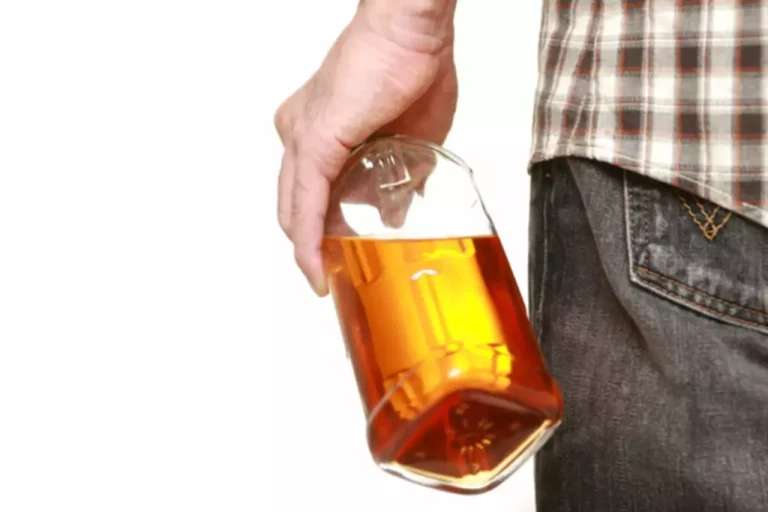
Your health insurance company will only pay for services that it determines to be “reasonable and necessary.” The treatment center will make every effort to have all services preauthorized by your health insurance Substance abuse company. Our writers and reviewers are experienced professionals in medicine, addiction treatment, and healthcare. AddictionResource fact-checks all the information before publishing and uses only credible and trusted sources when citing any medical data. Inform the employee about the company’s Employee Assistance Program (EAP). EAPs offer confidential counseling, support, and referral services for various issues, including substance abuse. The ADA protects employees with alcoholism as a disability, requiring employers to provide reasonable accommodations.
Drug and alcohol testing at work: getting started
And now, drinking on the job, especially for remote workers, could be making a comeback. Faye works for a leading UK financial institution and was motivated to improve alcohol awareness among her colleagues at work having seen her own drinking creeping up to harmful levels. Some of us who experience problems with our mental health may drink alcohol to try and help manage stress, anxiety, depression or other mental health problems.

Why Employees Quit (and 7 Steps to Retain Them)
- Regular heavy drinking can increase blood pressure and contribute to the development of heart disease.
- We know liquor store prices are a third or whatever of bar restaurant prices.
- Going to your HR department for advice may be a great first step, since they are often bound by confidentiality not to disclose these issues to others at your company.
- Over time, this can lead to liver diseases such as fatty liver, alcoholic hepatitis, and even cirrhosis.
Dr. Bruce Bassi, a board-certified addiction psychiatrist, said abstaining from alcohol, even temporarily, can improve how organs in the nervous system, cardiovascular system and gastrointestinal systems recover and improve. “Abstinence from alcohol over several months will improve memory and thinking. Also, it will allow structural brain changes to partially correct and memory or cognitive functions such as problem-solving, attention span, and rational thinking will increase,” Weber explained. Even a temporary break from alcohol can help the skin feel and look more rejuvenated and refreshed. Perhaps one of the immediate changes you will see after coming off alcohol is clearer skin. Alcohol causes the body and skin to lose fluid and dehydrate, creating a dullish, gray appearance.
- You could really help – even prevent someone from progressing to dependence – because they will reach out before concerns become real issues.
- Recovery from alcohol-induced health problems, such as cognitive deficits and cardiovascular issues, depends on several factors, including the individual’s motivation and engagement in treatment.
- But by the age of 50 or 60, a lot of people will have gone through a period of heavy drinking in their youth and then they meet various obstacles and cut right down.
- This could be happening because you are hungover at work or drinking on the job.
- This pressure can be particularly challenging for those who abstain from drinking, prompting a need for inclusive company cultures that respect individual choices (The Muse).
- From attracting and retaining a diverse mix of skilled talent to fostering healthy, happy and high-performing teams, a forward-thinking approach to alcohol will help you stay ahead in an increasingly competitive landscape.
Occupational Safety and Health Administration (OSHA)
When combined with counseling, this approach is proven highly effective. Excessive drinking has numerous impacts on your body and mind, ranging from mild to severe. “The feedback we have received from colleagues has been overwhelming, with many now having open conversations with their team about alcohol. We have since set up a weekly group to meet and talk and share their experiences and several colleagues are now alcohol free or are moderating.

Employees who may be in recovery or simply choose not to drink might feel uncomfortable in an environment where alcohol is abundant. Even worse, those same employees may feel pressured to attend such an event out of fear of repercussions, being ostracized from further events, or being viewed differently by peers. Activities such as escape rooms or themed dinners will be much more inviting and accessible to all employees. After completing a treatment program, employees should stay connected to the recovery community through an aftercare plan. This may involve beer after work continuing to attend support group meetings or routine counseling appointments.
How to Deal With an Employee Drinking at Work?

However, absences due to an employee’s substance use do not qualify for FMLA leave, according to the DOL. In recent years, many companies have gotten increasingly lax about alcohol in the workplace. According to a new study conducted by American Addiction Centers and Alcohol.org, the average American worker spends more than $3,000 per year on after-work drinks. Keep a detailed record of the conversation, including the date, time, what was discussed, and any agreed-upon actions.